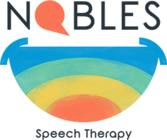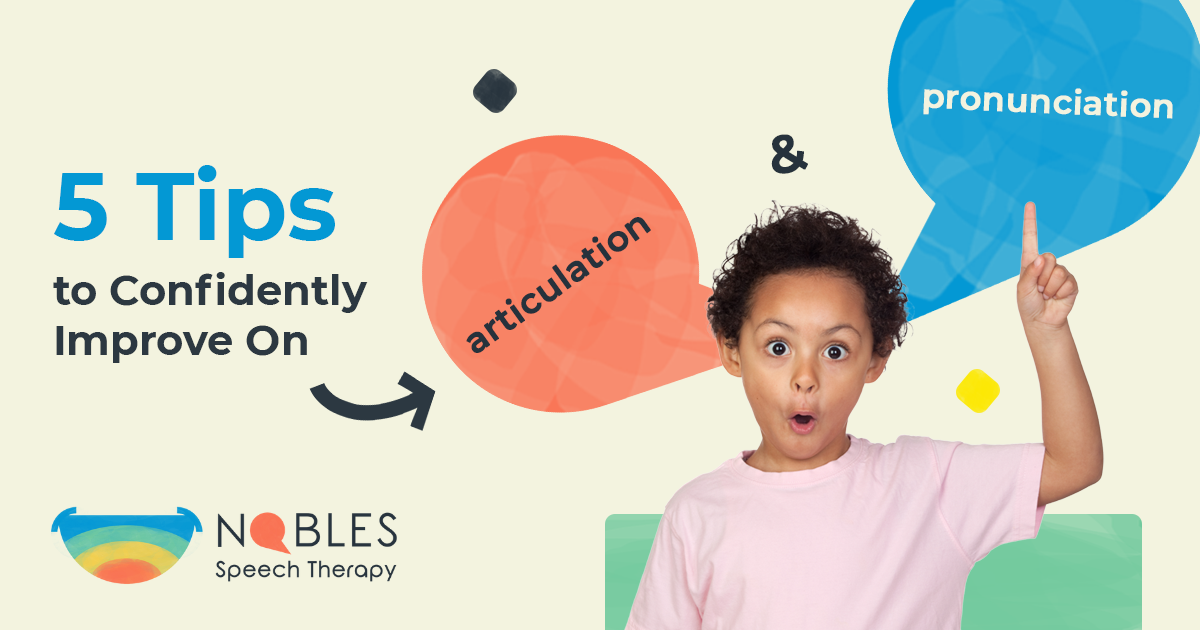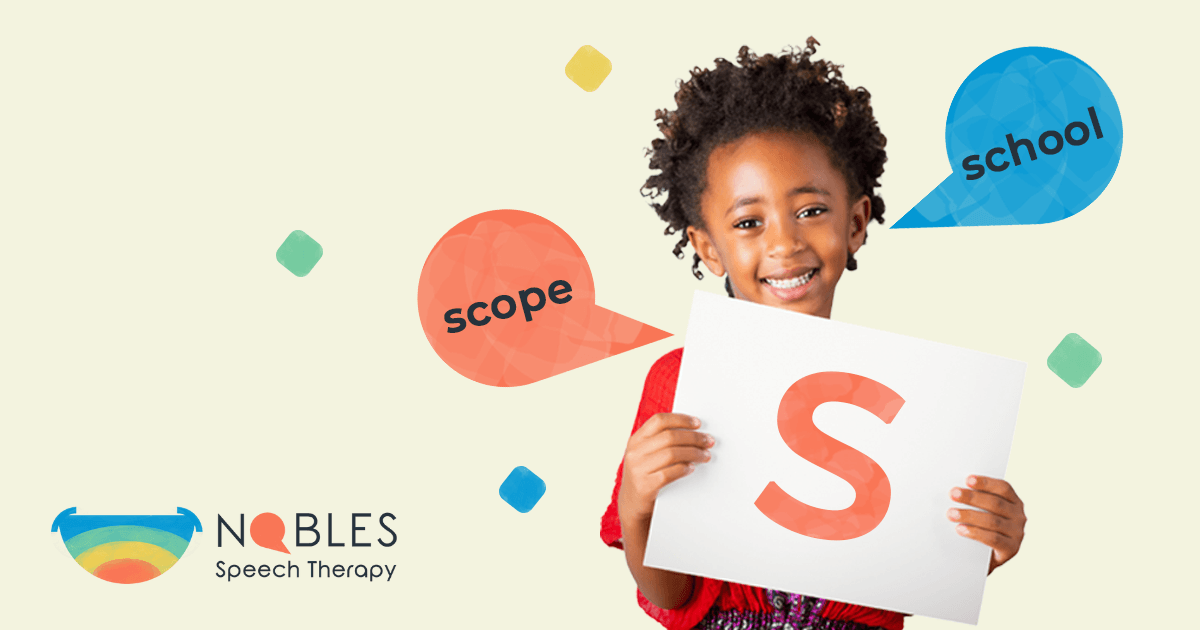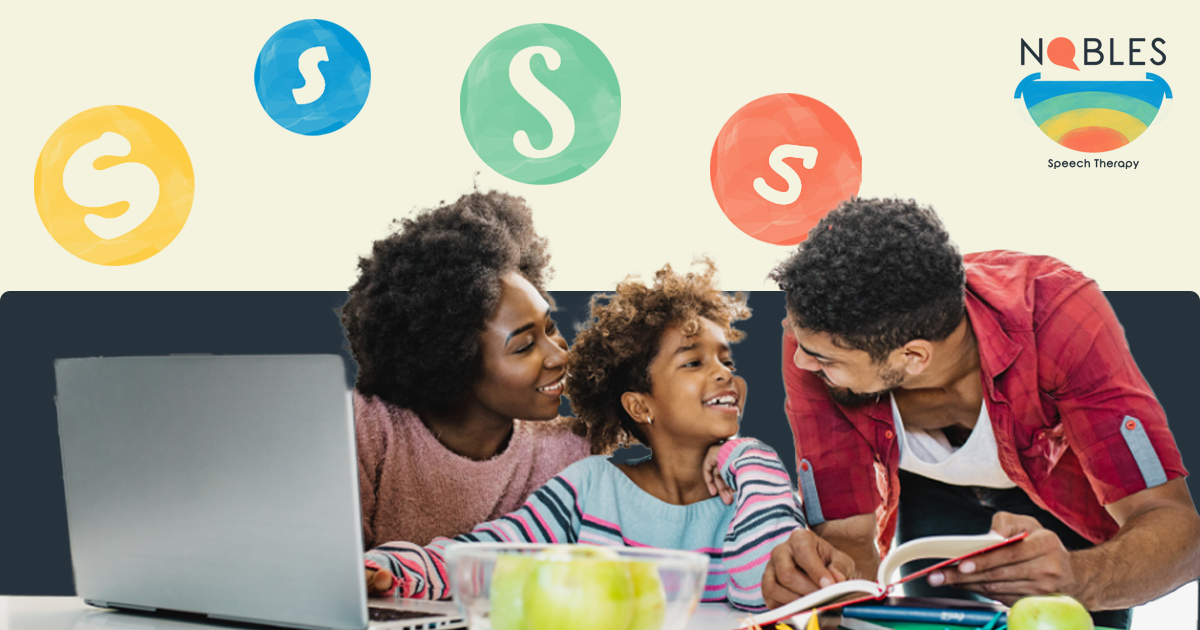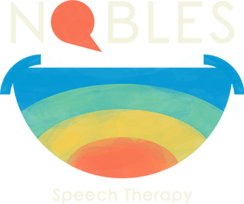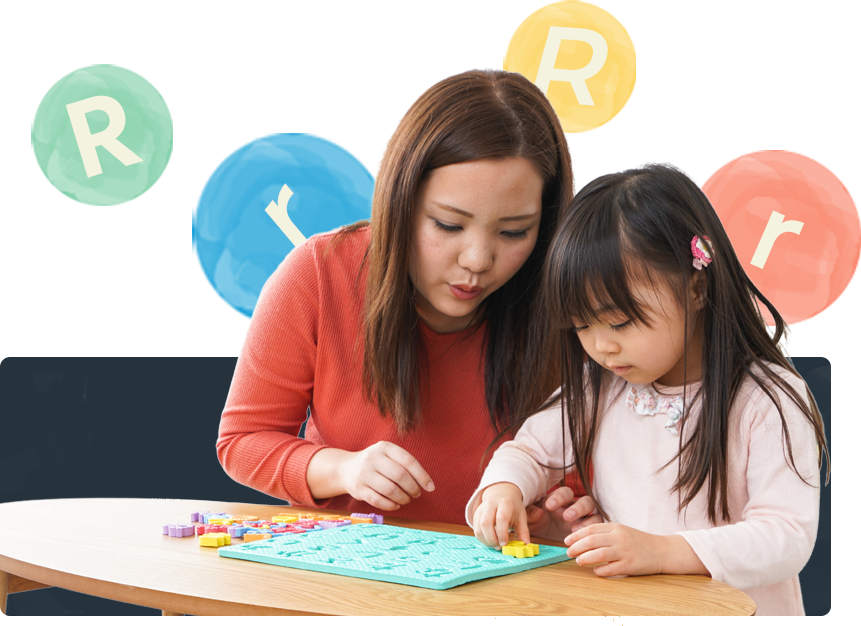
It isn't too concerning if your child can't pronounce R as a preschooler. Rs are the most difficult letter to pronounce, and often kids won't fully develop the ability until the age of seven. However, if you are finding your attempts to teach your child to pronounce their Rs properly is causing conflict, it could interfere with family dynamics and your child's confidence.
The inability to pronounce Rs is a speech impediment called rhoticism. It is so common there is speech therapy specifically designed to help children pronounce their Rs. This is a complete guide to
R speech therapy and how it can help your child learn to make the R sound stress-free.
Master 'R' Sounds with Ease!
What is Rhoticism?
Rhoticism is the most common speech disorder children experience. Inability to pronounce the R sound usually leads to a child pronouncing their Rs as Ws. This is because there are more variations of the letter R pronouncement than any other letter. Adding to the difficulty, it isn't easy to show a child how to position their mouth and tongue to make the sound correctly. For example, when showing a child to make the letter B, they can see the movement of your lips, making it easier for them to mimic you and make the sound.
When Should a Child Be Able to Say Their R's?

R is usually the last letter children learn to make. In most cases, a child begins to say forms of their Rs by about two and a half and has it perfected by the age of six. For some, however,
development might not be perfected until as late as age seven. In most cases, rhoticism isn't addressed until a child approaches age seven or eight, but R sound speech therapy and coaching can start sooner.
Why Are There So Many Variations of R?
The R sound occurs most frequently when speaking English. It is challenging to master because it has so many variations in pronunciation. Where the R occurs in the word influences how the R should sound. Variations include:
- R as in run
- RL as in pearl
- IRE as in fire
- AR as in far
- EAR as in dear
- OR as in door
- ER as in sister
- AIR as in dare
With so many variations, you can see why it might be more challenging for a child to learn to master each sound with the rest of their letters.
How Can I Help My Child Say Rs?
Parents can also learn to assist their child with some fun exercises such as:
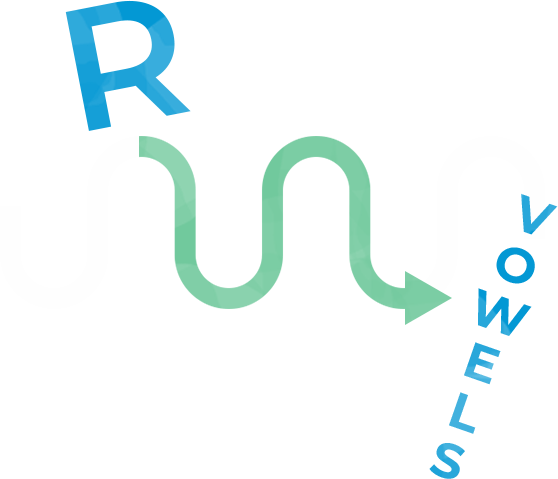
Connect Rs to Vowels
Many children find it easier to say their Rs with a vowel. R blends speech therapy such as making your way through the vowels, making it easier to understand how to pronounce R in different variations. First, pronouncing the vowel, either long or short, holding the sound, and then adding an R at the end helps your child hear how the letters sound together. For long A, you would begin with them saying aaaaaa and then adding the R to say aaaaaarrrrrr as in air. Then for the short, they would start saying ahhhhhhh and then add the R to say ahhhhrrrrr as in car.

Tongue Movement
As mentioned, one of the challenges with R's is the difficulty providing visual cues to show them how to pronounce the letter. Since you can't show them your tongue, you can try using your arm to show them by extending your arm out to the front and then pulling it up towards your body as you pronounce the R.

R Sound Activities
Always approach the exercises as something fun you can do together, so your child isn't self-conscious or nervous. For example, Rs are very much like growls. Have your child act out being certain animals like a cranky dog growling or a mighty lion roaring. Have them roll the R out as they mimic each animal. Pirates also make an R sound when they say "argh." You can dress up as pirates to practice the sounds. You can also watch their favorite cartoon and whenever a character makes an R sound have them shout it out or repeat it.

Use Rs Every Day
Find opportunities to pronounce Rs with your child, whether pointing out foods in the grocery store with Rs, items in a park, or even when your child hears you say an R.
Practicing R words speech therapy at home can be very helpful, but success is more likely with the help of a speech therapist.
What Causes Rhoticism?
Speech disorders like rhoticism are related to difficulty making sounds when speaking. In the case of rhoticism, it is related to not tensing their tongue enough or failing to move it correctly. Trying to master the up and backward movement when pronouncing R's can be tricky, which is why children often start by making a W sound instead. The child sees most letters pronounced with the lips, while Rs are pronounced with the tongue.
How Does R Speech Therapy Help?
R sound speech therapy can make a world of difference for your child. Your child's therapist provides a safe learning environment where they won't feel judged or pressured. Speech therapists take time to build a rapport with their patients to feel more comfortable during the process. Parents can often inadvertently cause a child to feel they are under attack or doing something wrong. Speech therapists alleviate that family stress providing neutral ground where a child can feel less vulnerable. Their goal is to assist your child in learning how to move their tongue to achieve the correct positions to pronounce their Rs correctly.

Each child is treated as an individual with an assessment to understand their challenges and then use different methods to find the approach that they respond to best. Therapists make articulation therapy fun using games and activities that children respond to well. Your child will improve over time, enjoying small successes each session until the Rs roll naturally off their tongue. Through practice, they learn how to make R sounds, add Rs to syllables, then words, phrases, and complete sentences with confidence!
We invite you to learn more about how Articulation Speech Therapy at Nobles Speech Therapy can help your child pronounce the R sound better and overcome other speech difficulties.

